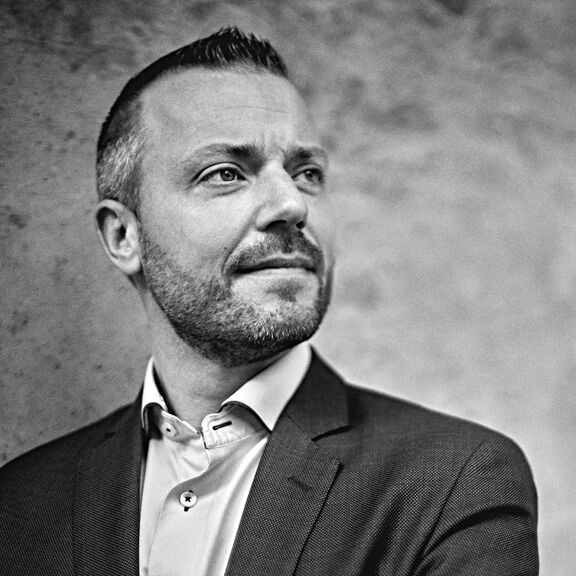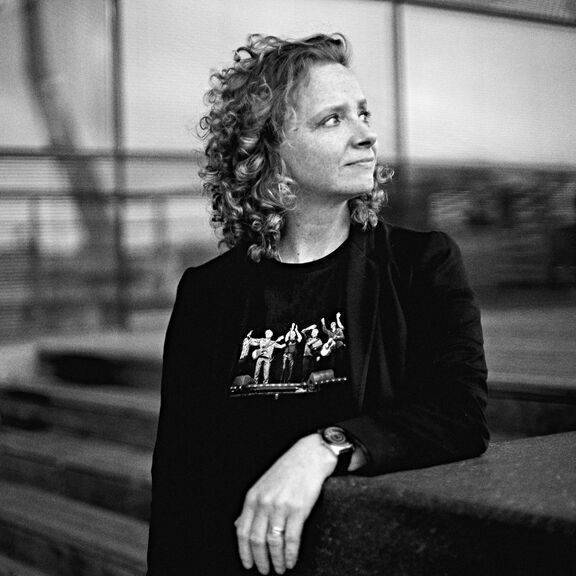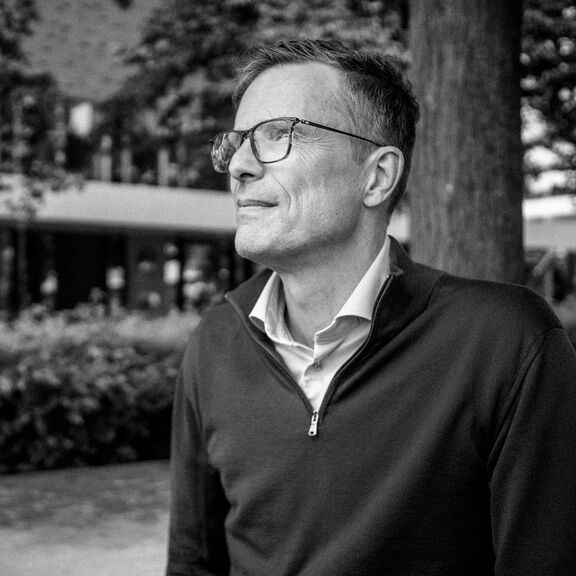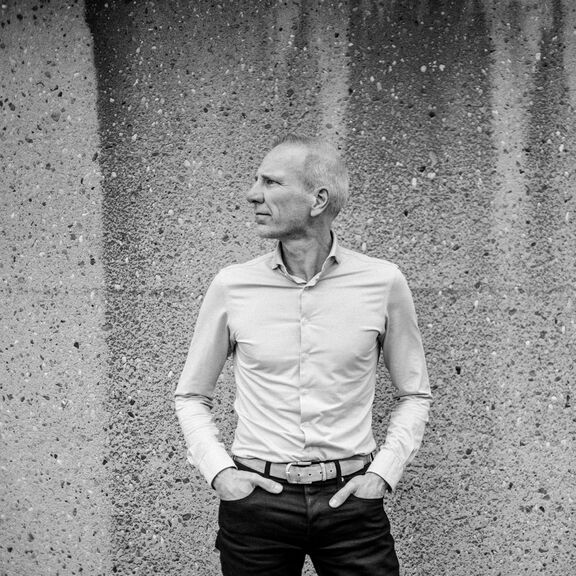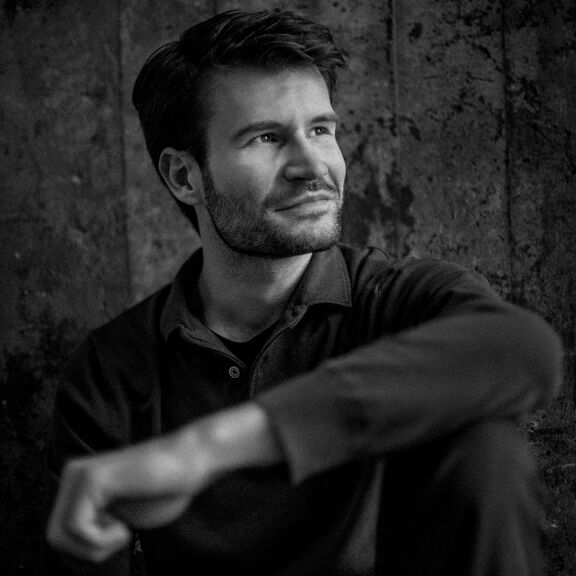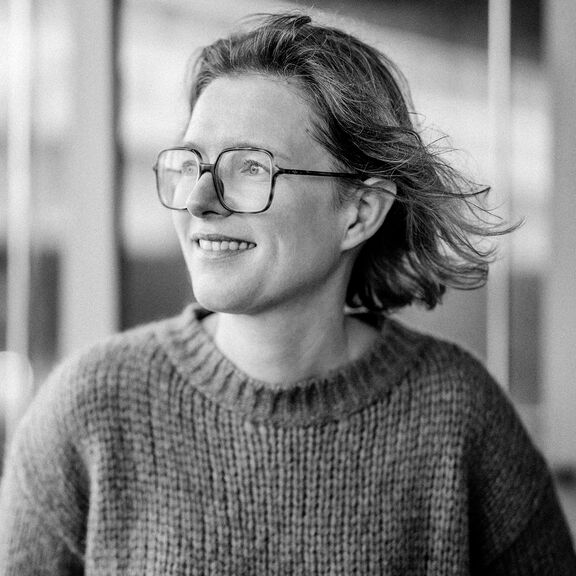‘The energy transition is like a rubber band’
“We need to start paddling in time. That way we’ll get to ride the green energy wave”, says Nico van Dooren, Director of New Business Development & Portfolio at the Port of Rotterdam Authority. On the 11th floor of Rotterdam's World Port Center, Nico uses quite a few metaphors in just under half an hour. He does so enthusiastically, to stress the enormous importance of the energy transition for a liveable planet.
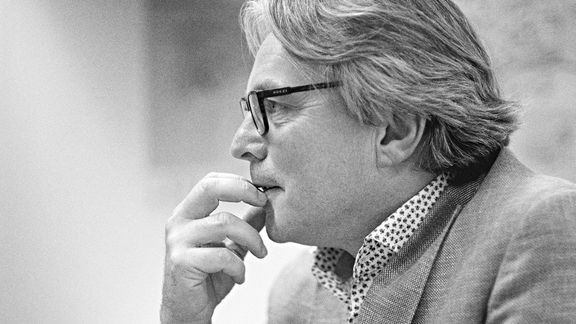
He stresses that that’s 'not just for future generations, but also right now, for ourselves.' He’s committed to it both privately and professionally. 'Unfortunately,' he says, 'we are a front-runner; we should all be much further along by now. At present, the main concern of companies and individuals is still that sustainability should earn money immediately. It’s only when it does so that they take action. But that alone isn't going to get us where we need to be.' Companies and people must want there to be a transition. Nico gives the example of ZES (Zero Emission Services): 'Both Heineken and we ourselves wanted to achieve zero emissions for inland shipping. For us it was the solution – the aim – that was the starting point, not the revenue model. Only then did we start looking at whether it was technically and financially feasible. And the result speaks for itself: by tackling it that way, we were successful.'
Neighbours
The energy transition is only possible if you work together. 'The port of Rotterdam', says Nico, 'where so many companies are close to one another, is the perfect place for that.' He explains why: 'Let’s say there’s a winemaker in France who makes wine organically, but his neighbour still produces it the traditional way. As a result, the organic winemaker finds pesticides along the edge of his vineyard. That means the wine from the grapes there can’t be labelled organic. But he has found a solution. The bucket of 'bad' grapes that he picks is labelled with a negative text about the neighbour: ‘Robert est un … ‘. You can fill in the missing word for yourself! What I'm trying to say is that making the energy transition or being climate-friendly on your own little bit of property won't work. Your neighbours need to collaborate.'
'Making the energy transition or being climate-friendly on your own little bit of property won't work. Your neighbours need to collaborate.'
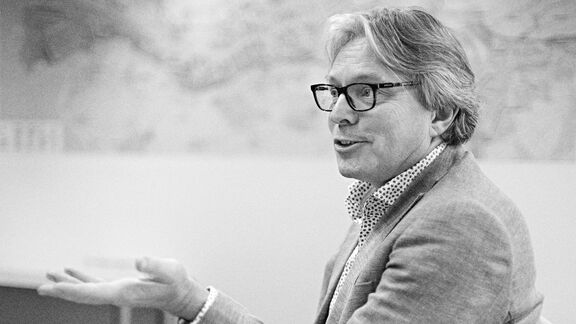
Net positive
A zero-emissions port, that's the goal. But Nico's ambition goes further: a port that's net positive. He gives the example of Westlake Epoxy: 'The wastewater that company discharges contains less pollutants than the water they get from the tap. But as far as I know, there's just that one company.' Together with his team, he's trying to promote this development. 'How we’re doing that? We start from scratch. We determine what net positive means, we see where the relevant know-how is, and we access a network. The metaphor I always use is: if you pull too hard, a rubber band will snap; if you don’t pull hard enough, it’ll just hang there floppy. So you need to find the right amount of tension – a balance – so as to make the energy transition possible.'
Solar panels: food for thought
At home, Nico has had solar panels on the roof for many years and a solar water heater for 15 years. 'And I also use our spent coffee grounds in the garden to fertilise the mushrooms.' Despite the climate benefits of solar panels, the first ones on his roof have given him food for thought. 'They’re nearing the end of their lifespan. So, what will we do with them? How can we recycle or reuse them? Even applied science institute TNO doesn't yet know, despite researching the question.' Nico wishes things were already different, but he’s confident that the necessary know-how will be developed.
Reusing wind turbine blades
What's true of solar panels is also true of the wind turbines out in the North Sea; they too have a finite lifespan. The latest generation of solar panels last about 25 years, whereas wind turbines have a lifespan of no more than 15 years. 'Currently, there are nearly 300 wind turbines out in the North Sea. By 2030, there’ll be nearly 2000 of them, collectively producing about 21 GW of wind power a year. They won't all reach the end of their lifespan at the same time, but a large number will each year. Those first 300 will then be at the end of their lifespan. Each wind turbine has three blades. They’re made of aluminium or a composite containing plastic and aluminium or polyester and polyurethane. So far, I know of only one company – based in Rotterdam’s Botlek industrial area – that can process those blades.'
Gandhi
Besides metaphors, Nico knows his classics. A quote from Ghandi keeps him and his team (net) positive: 'First they ignore you, then they laugh at you, then they fight you, then you win.' And that's what will happen if it’s up to Nico: a port with zero emissions, with a second life for solar panels and wind turbines, and a lot of (net) positivity, including from the neighbours. That’s what he and his team are working hard to achieve.
making waves
In this series, you'll hear from people who are committed to a smart and sustainable port of Rotterdam, and our planet as a whole. Let them inspire you and help make that a reality.
